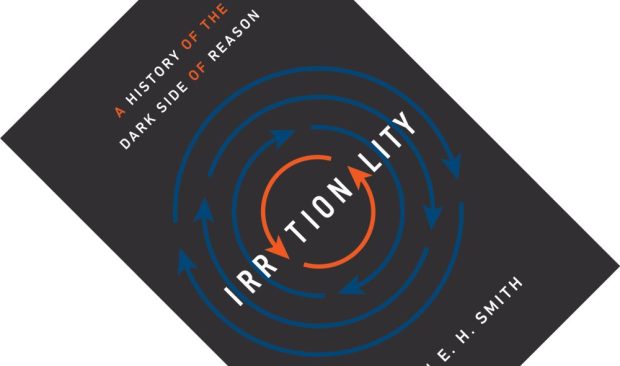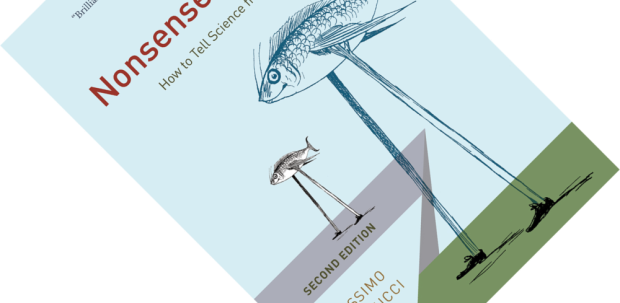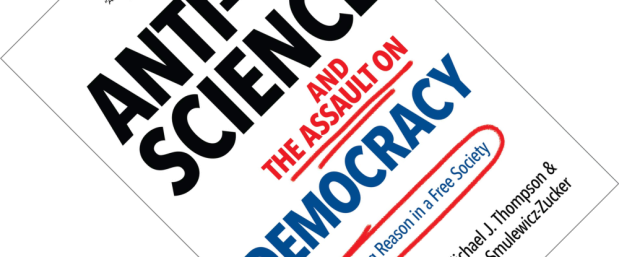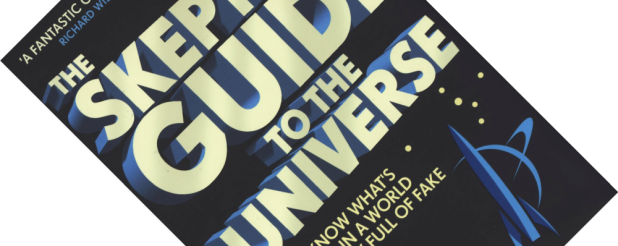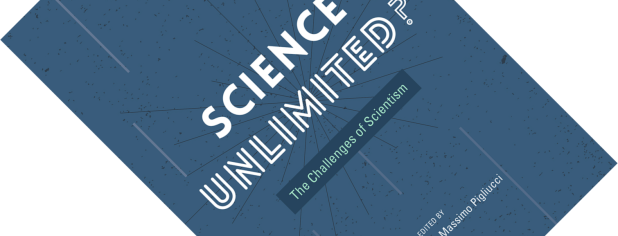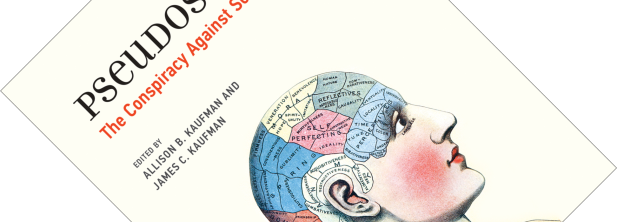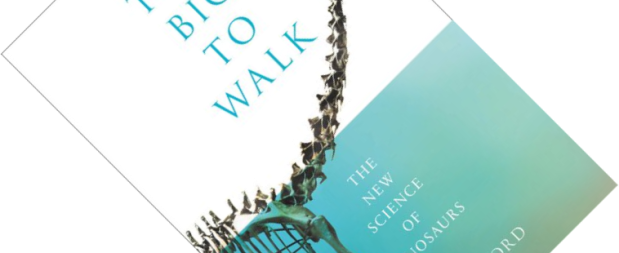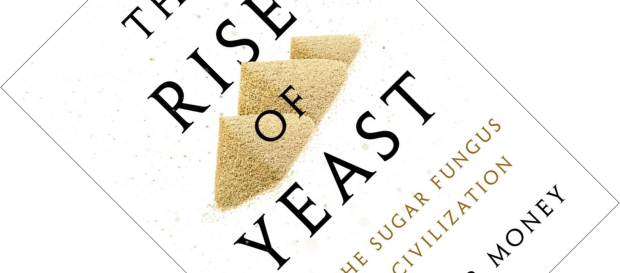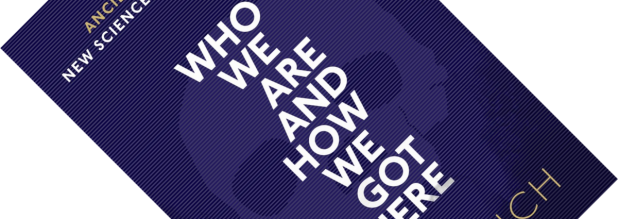6-minute read
2020. A time of Trump. Written during a period of pandemic, it is a chronicle of conspiracies embellished with the flowers of falsehoods. In other words, it is tempting to think of the current moment as one of irrationality run rampant. If you have been entertaining similar thoughts, Irrationality: A History of the Dark Side of Reason provides a poignant note and a fascinating reflection. Because, when you take some distance, you might ask if it has ever been different. How many people past have wondered the same from their unique vantage point? Have we really made any progress towards enlightenment, or is our history merely the back-and-forth sloshing of the tides of reason and unreason?

